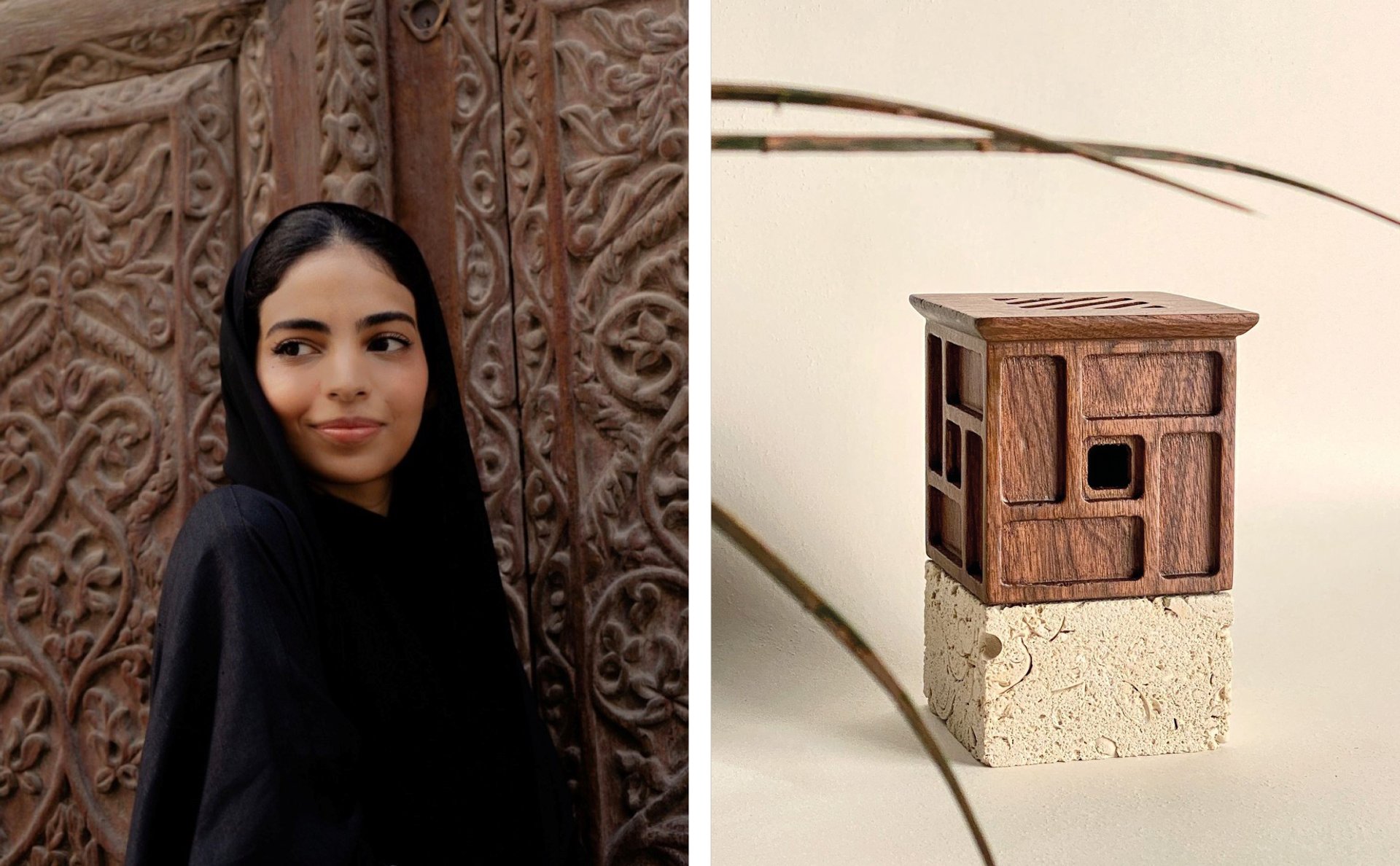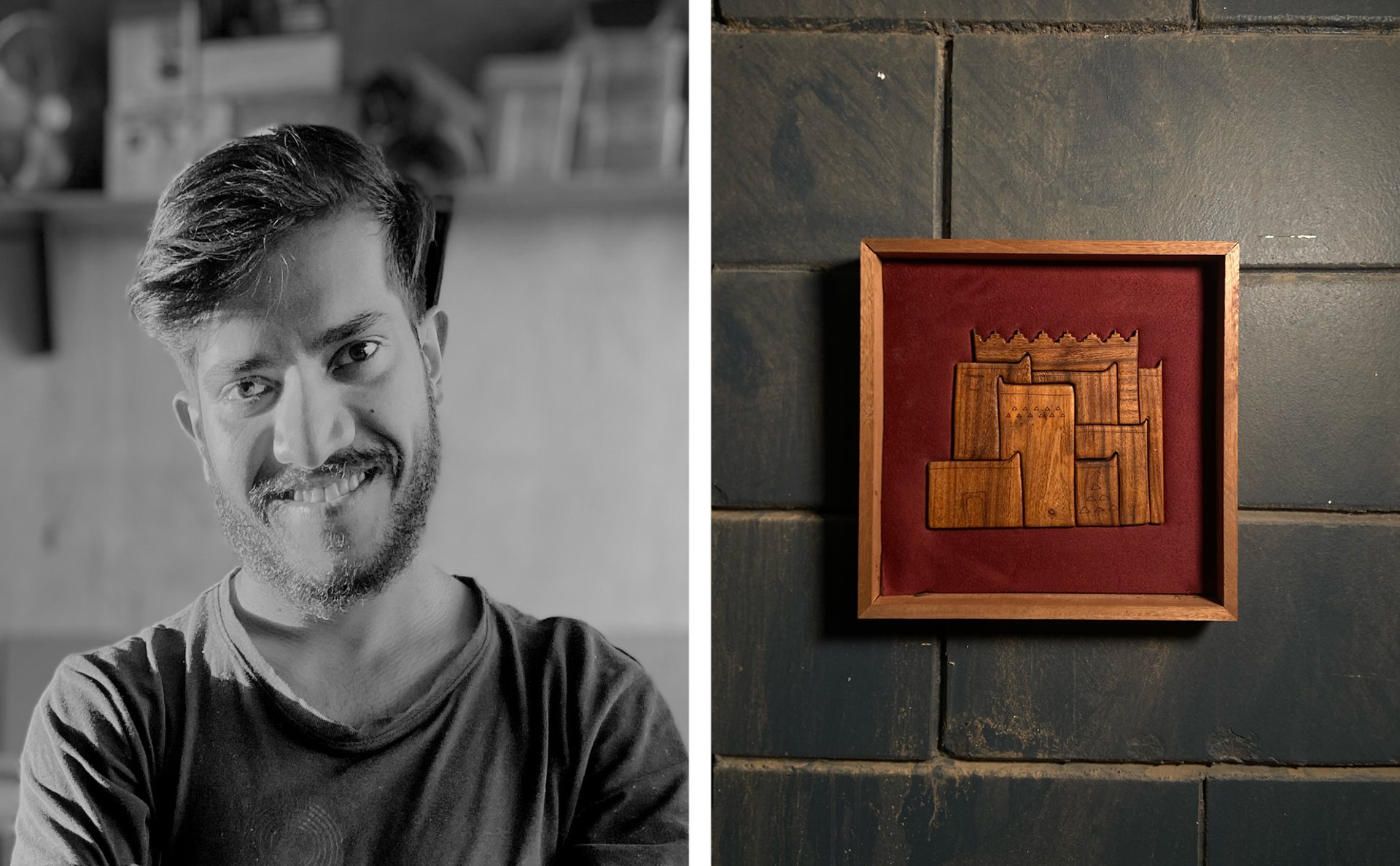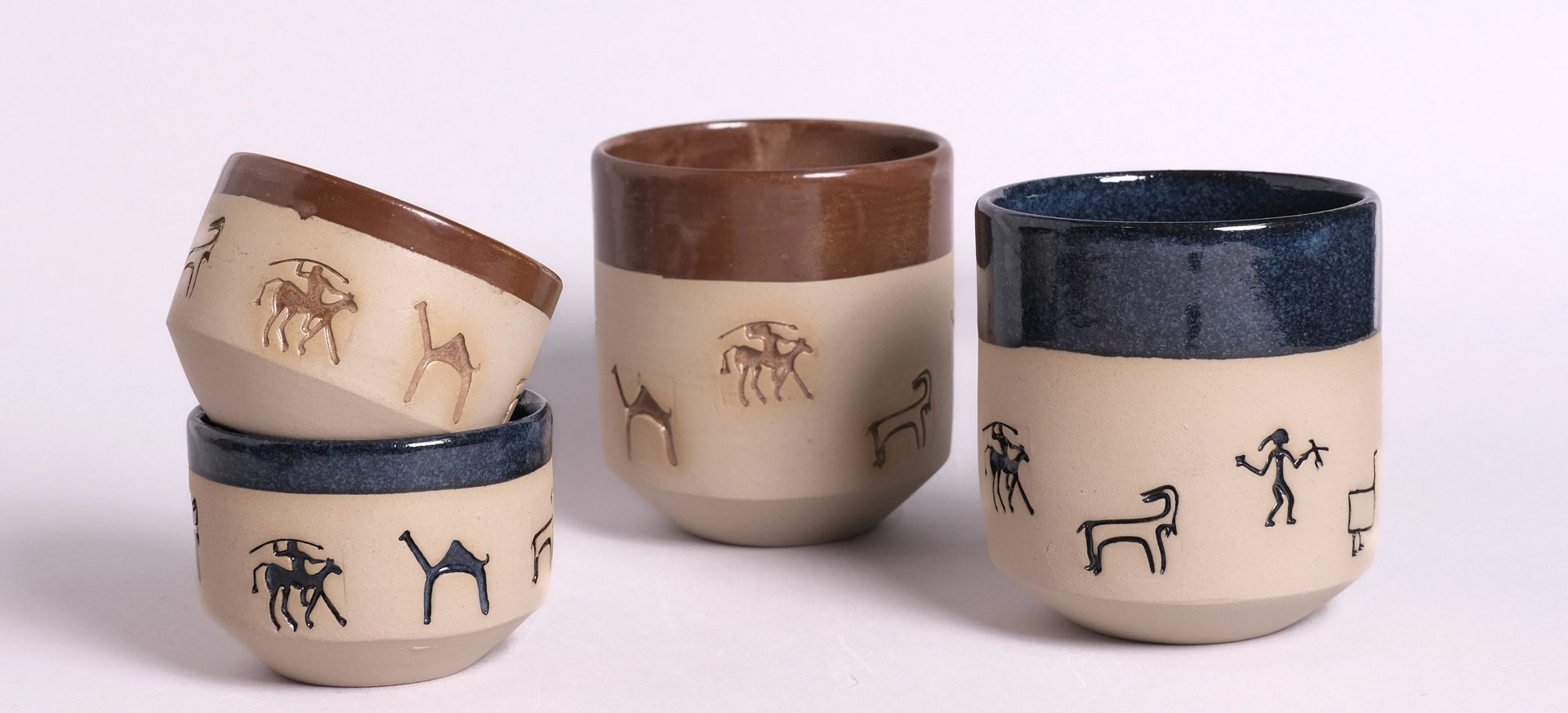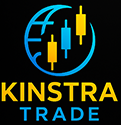The recognition and recognition of craft has soared up to now decade. At 2024’s Venice Biennale—typically thought-about a barometer of the up to date artwork world—there was a proliferation of handicrafts, significantly textiles, on present. “These works reveal an curiosity in craft, custom and the handmade, and in methods that have been at instances thought-about different or international, outsider or unusual within the bigger area of superb arts,” mentioned Adriano Pedrosa, the exhibition’s curator.
The Unesco adoption of the Conference for the Safeguarding of the Intangible Cultural Heritage in 2003, for which conventional handicrafts is part, was a constructive first step in the direction of preservation of crafts world wide. However the revival of handmade objects can also be a response to industrialisation, mass manufacturing and throw-away tradition. Increasingly more, individuals are selecting to encompass themselves with objects which are genuine sustainable, and that immediately assist small companies or particular person makers. The dimensions of the market is massive and rising strongly worldwide-—for instance the World Crafts Council Europe estimates the scale of the European market alone at €50 billion ($58m).
Nations which have wealthy histories of craft are maximising this momentum by supporting and selling their artisans. One instance is Saudi Arabia, which designated 2025 because the Yr of Handicrafts, which has included placing on exhibitions, festivals and workshops throughout the nation. Saudi conventional crafts have already been added to Unesco’s record of Intangible Cultural Heritage, together with the Al Sadu weaving strategy of the Bedouin ladies, and Al-Qatt Al-Asiri, the colorful inside wall decorations distinctive to the Asir area within the south-west of the nation.
The state-run Cultural Improvement Fund (CDF), Saudi Arabia’s key monetary enabler of the cultural sector, was established to drive sustainable financial development throughout the Kingdom’s sub-cultural sectors. It launched the Nama’ Accelerators this yr to spice up the expansion of cultural companies within the nation and the primary observe is targeted on handicrafts— the annual market worth of the handicrafts and artisanal industries within the nation is at the moment estimated as SAR 1.5 billion ($400m). The accelerators mirror Saudi Arabia’s concentrate on growing the cultural and inventive economic system, industries that play a significant function in diversifying the nationwide economic system as a part of Saudi Imaginative and prescient 2030, whereas additionally enhancing high quality of life and strengthening nationwide identification.
“Saudi artisans are navigating a transformative second,” says a spokesperson for CDF. “With initiatives and enablers offering funding, coaching and market entry, small companies and heritage abilities are evolving into sustainable careers. The 2025 Yr of Handicrafts marks a turning level, showcasing how cultural heritage can gasoline financial empowerment.”
Ranad Alsaif took half within the accelerator to develop her lately launched enterprise that specialises in pure dyeing and sells merchandise constituted of the materials Photos: Courtesy CDF
The primary spherical of artisans have now taken half within the Nama’ Accelerators programme. Ranad Alsaif, one of many individuals, took half to develop her lately launched enterprise that specialises in pure dyeing and sells merchandise constituted of the materials. “The mission goals to protect heritage and move it on to new generations in a contemporary approach by producing clothes and sensible items with up to date designs, reflecting the tradition and spirit of heritage with a contemporary essence,” Alsaif says.
The accelerator has supported Alsaif in her enlargement plans. By programs in finance and recommendation from mentors, she is at the moment making ready to launch the primary specialised studio for pure dyeing in Saudi Arabia. The Ranad Alsaif Studio, with assist from the CDF, will act as a centre for growing sustainable style and offering academic content material—together with sensible kits and instruments—to contribute to coaching communities and elevating consciousness.

The product and inside designer Raghad Balkhair took half within the Nama’ Accelerators programme to sharpen her enterprise and monetary acumen. Picture: Courtesy CDF
The product and inside designer Raghad Balkhair took half within the Nama’ Accelerators to sharpen her enterprise and monetary acumen. Whereas her educational coaching developed her follow, which makes use of domestically sourced supplies to create merchandise impressed by Saudi heritage, the accelerator has supported her in studying extra about accounting, mission administration, advertising and marketing and administration.
The advantages for Abdulrahman Al-aboudy are comparable. He began doing woodwork as a pastime, pushed by his love for guide work and his curiosity within the creative heritage of the central Najd area. He began a carpentry and design studio, Al-Manjar and the accelerator helps him to develop the enterprise aspect. “One of many biggest challenges is discovering a enterprise mannequin that fits the artisan’s nature whereas making certain sustainable revenue and institutional development—with out dropping the authenticity and private identification of the craft,” he says. “By the varied workshops and classes, we acquire structured data and sensible abilities which are onerous to search out elsewhere.”

Abdulrahman Al-aboudy runs a carpentry and design studio, Al-Manjar, specialising within the creation and growth of handcrafted creative picket merchandise Pictures: Courtesy CDF
One other benefactor of the accelerator is Teen & Nar (Clay & Fireplace) Challenge, a Saudi model established in 2019 that specialises in pottery and handicraft merchandise. The founders Bandar Ibrahim Al-Mubarraz and Asma Mohammad Al-Shammeri wished to launch new product strains and broaden into native and international markets however had struggled with a necessity for extra specialised expert labour, restricted availability of native uncooked supplies, and competitors from low high quality imported merchandise.
By the Nama’ Accelerators the duo constructed an built-in enterprise mannequin for the mission that concerned establishing a manufacturing unit and making a coaching studio for artisans. “Handicrafts should not simply merchandise, however cultural messages reflecting the nation’s historical past and identification,” say Al-Mubarraz and Al-Shammeri. “The accelerators and assist programmes have supplied us with the instruments we have to flip our ardour right into a profitable enterprise, making our merchandise a supply of nationwide pleasure.”

Teen & Nar (Clay & Fireplace) was established in 2019 and specialises in pottery and handicraft merchandise. Picture: Courtesy CDF
“By the Nama’ Accelerator, we’re witnessing a brand new appreciation for conventional and sustainable crafts, not as relics of the previous, however as viable drivers of financial development and inventive entrepreneurship,” says the CEO of CDF, Majed AbdulMohsen Al Hugail. “By offering tailor-made financing options, capacity-building and mentorship, we’ve helped remodel particular person expertise into thriving cultural enterprises. That is the essence of our mission at CDF, empowering cultural practitioners to show heritage into innovation, alternative and long-term financial worth for the Kingdom.”









